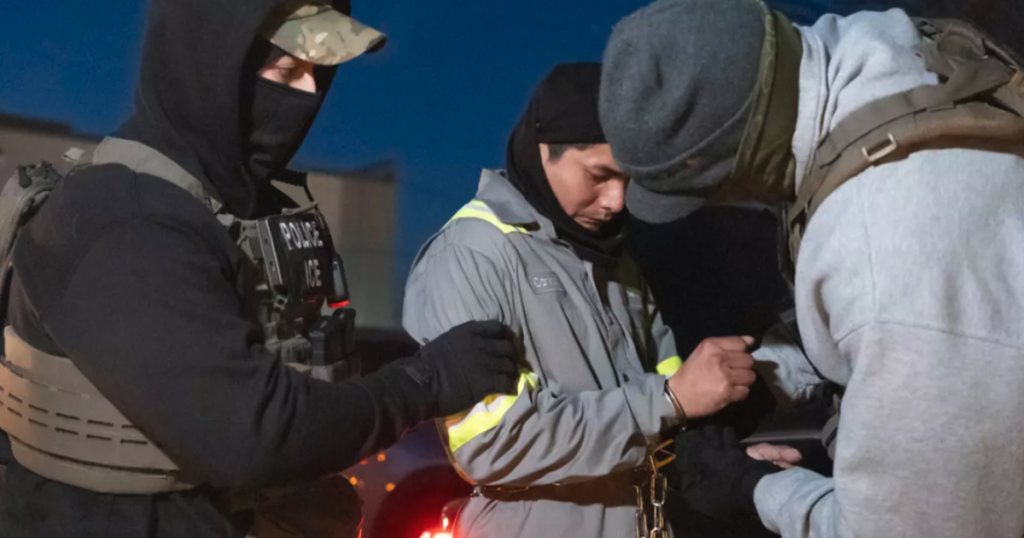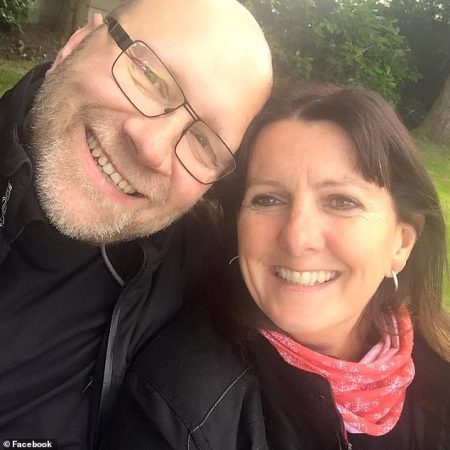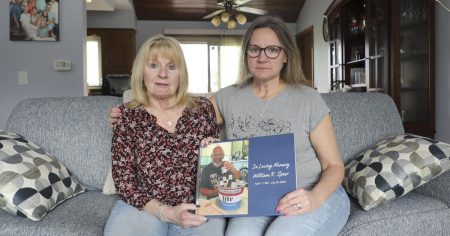The rise in fear of mass deportations has left undocumented immigrants and their families in the Central Valley vulnerable to exploitation by unscrupulous individuals who seek to take advantage of their desperation. Advocates for immigrant rights warn that those who fall prey to scams often lose money and face an increased risk of deportation. This anxiety has been fueled by President Donald Trump’s promises to carry out large-scale deportations, end programs like Deferred Action for Childhood Arrivals (DACA) and birthright citizenship, and the recent U.S. Border Patrol operation in Kern County. These actions have created a climate of fear among undocumented immigrants, who are now more susceptible to false promises from unqualified individuals.
Immigration advocates emphasize the importance of seeking help from trusted sources. Ruth López, director of Valley Voices, a local nonprofit organization, advises immigrants to approach organizations they already trust, such as places of worship or family connections, to access reliable resources. López also warns against believing everything seen or heard online, stressing the importance of verifying information through credible sources like state or federal agencies that use factual data and act in good faith. Matias Bernal, executive director of the Education & Leadership Foundation (ELF), a nonprofit organization based in Fresno that provides immigration services in the Central Valley, notes that notaries and tax preparers are not immigration attorneys and are not accredited by the U.S. Department of Justice to provide legal immigration services.
The Mexican Consulate in Fresno, led by Protection and Legal Affairs Consul Valeria Solorio, regularly informs Mexican nationals about the dangers of immigration fraud and how to avoid falling victim to such scams. Solorio highlights the need to understand the difference between a notary public in the U.S. and a notario público in Mexico, as the roles and legal authority of these professionals differ significantly. In Spanish-speaking countries, notarios públicos are highly trained legal professionals similar to attorneys, capable of providing legal advice and drafting legal documents. However, in the U.S., notaries are state-appointed officials with limited authority to witness signatures, and their role is much less expansive. Unethical individuals exploit this confusion to prey on unsuspecting immigrants.
To help immigrants navigate these challenges, the Central Valley Immigrant Integration Collaborative (CVIIC), a nonprofit organization, maintains a directory of immigration legal services. This directory includes a list of trusted community organizations that offer a wide range of immigration-related services, such as Central California Legal Services, Education & Leadership Foundation (ELF), the Mexican Consulate in Fresno, Faith in the Valley, Oasis Legal Services, and the Social Justice Collaborative. These organizations employ accredited staff to provide assistance with immigration-related matters, including DACA, naturalization, permanent residency (green cards), family petitions, U/T visas, VAWA (Violence Against Women Act) cases, asylum, and adjustments of status.
Bernal and López both recommend consulting organizations accredited by the U.S. Department of Justice for immigration services. While Valley Voices does not have a dedicated immigration division, it partners with organizations like ELF and CVIIC to host workshops and provide immigration resources to communities across the Central Valley. Valley Voices also connects individuals with Justice Department-accredited attorneys for direct legal consultations. López reminds immigrants that every individual’s case is unique and must be evaluated on a case-by-case basis. She also warns against sharing personal information with untrustworthy individuals or lying about one’s status, as this could harm their case and lead to severe consequences, such as permanent bans from legally remaining in the country.
In conclusion, the fear of mass deportations and the complexities of the U.S. immigration system have created a precarious situation for undocumented immigrants in the Central Valley. While unscrupulous individuals seek to exploit their vulnerability, trusted organizations and resources are available to provide legitimate assistance. Immigrants are encouraged to approach these organizations with honesty and caution, ensuring that they receive accurate information and reliable support. By doing so, they can better navigate the challenges they face and avoid falling prey to scams that could worsen their situation. The importance of seeking help from trusted sources and avoiding false promises cannot be overstated, as it is crucial for protecting their rights and well-being in these uncertain times.









